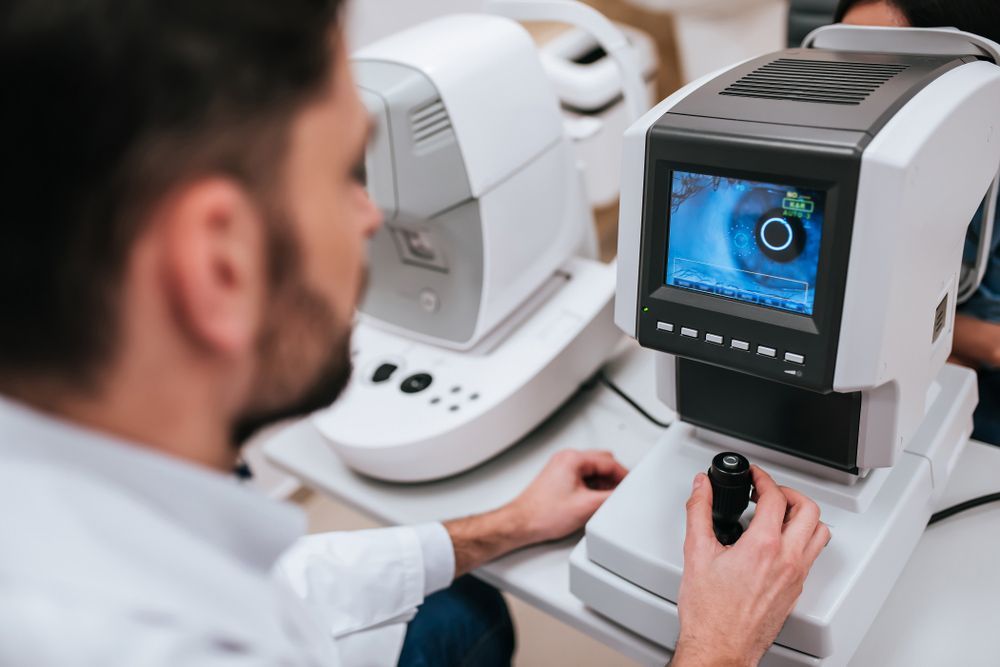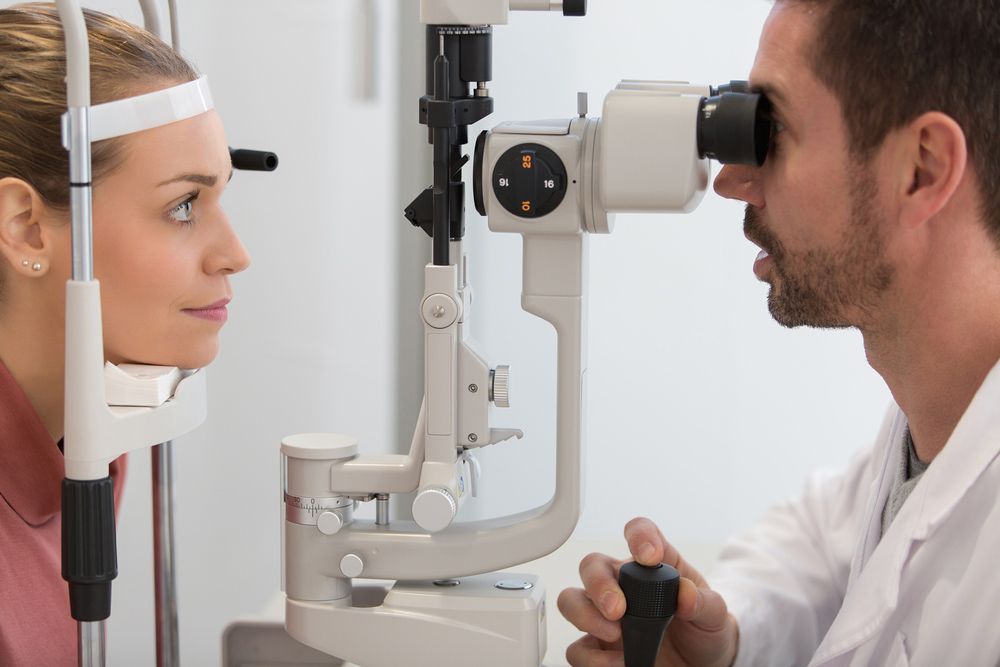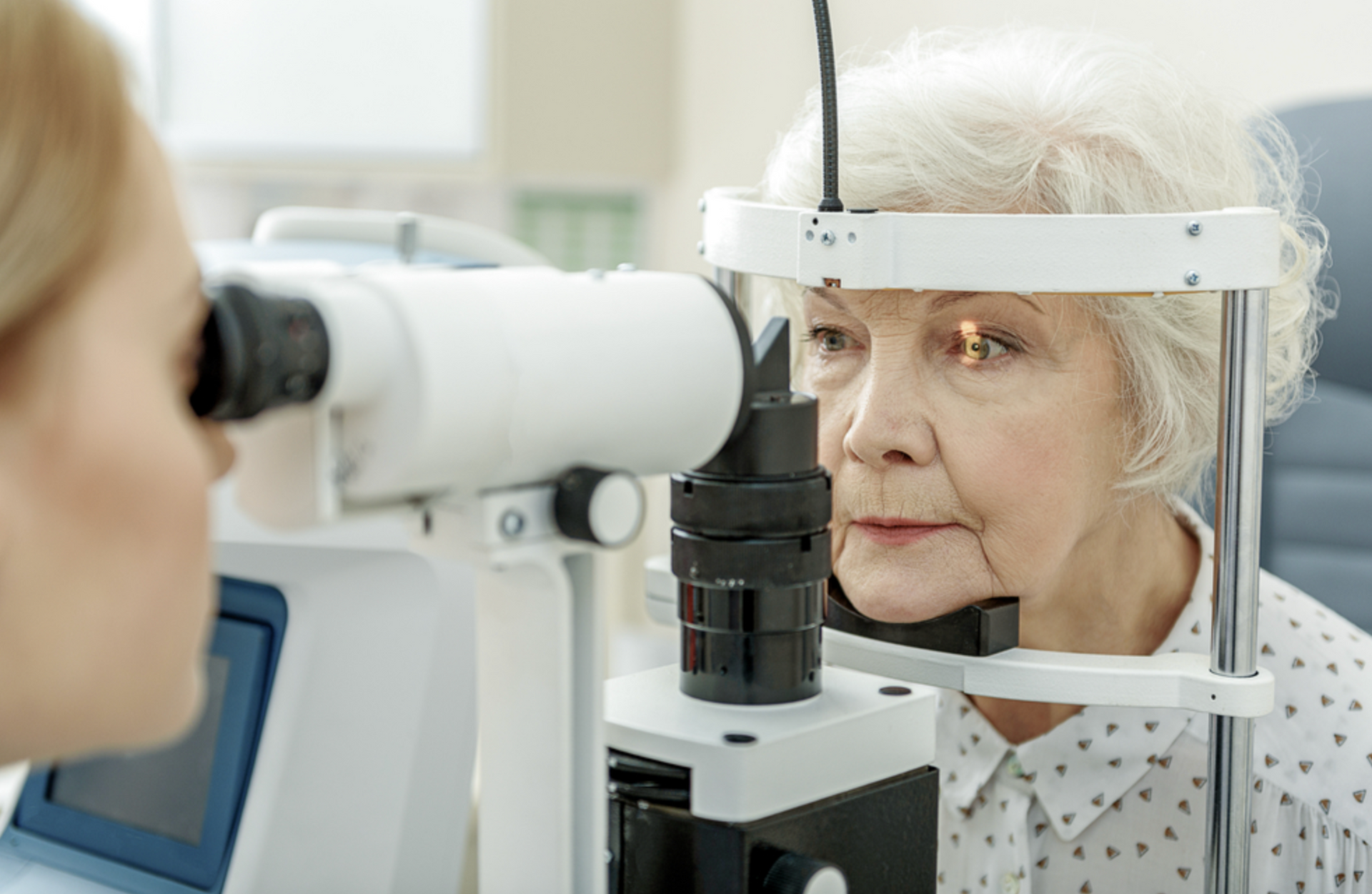Preparing For Cataract Surgery: What To Expect?
If you're considering cataract surgery, you might have questions and concerns. This reaction is understandable, given the significance of any surgical procedure. When preparing for this process, understanding what to expect might help ease your mind. In this blog, we aim to guide you through the steps leading up to the surgery.
Pre-Operative Assessments
Before you can undergo cataract surgery, a series of pre-operative assessments are conducted. These evaluations can help your eye care professional understand the specifics of your cataracts and plan the appropriate surgical approach.
Typically, you'll undergo detailed eye exams where your doctor checks your eye's internal structures, measures its shape and size and assesses your overall eye health. This can include tests like biometry to determine the power of the intraocular lens (IOL) needed in your surgery. Besides eye-specific tests, you might also expect a general medical evaluation. This is aimed at assessing your health and managing the recovery phase.
Discontinuing Medications Prior to Your Surgery
As you prepare for cataract surgery, one important step is the management of your current medications. It’s important to review all your prescriptions and medicines with your healthcare provider. Some medications might need to be temporarily discontinued. This is particularly important for any medication that affects your body's response to surgery or healing processes. Your doctor will provide specific guidelines on which medications to discontinue and for how long. This adjustment is considered important to minimise any risks during the surgical procedure and to facilitate recovery. Follow these instructions carefully and consult your healthcare provider if you have any questions or concerns about your medication routine as you approach your surgery date.
Day of the Surgery: An Overview
On the day of your cataract surgery, it's important to come prepared and understand what the procedure entails. It is typically an outpatient procedure, meaning you won't need to stay overnight at the hospital. When you arrive, you'll go through a final pre-operative check. The surgical process typically involves making a small incision in the eye to remove the cloudy lens and replace it with a clear artificial lens.
After the surgery, you'll be required to spend a short period in recovery, where medical staff will monitor your initial post-operative condition. You may go home the same day, but you'll need someone to drive you as your vision might still be blurry and adjusting.
Connect with Us to Learn More
At 130 Eye, we are dedicated to providing comprehensive care and information to help you understand every step of the process. For more details about what to expect before, during and after cataract surgery, please visit our website or contact us directly.



